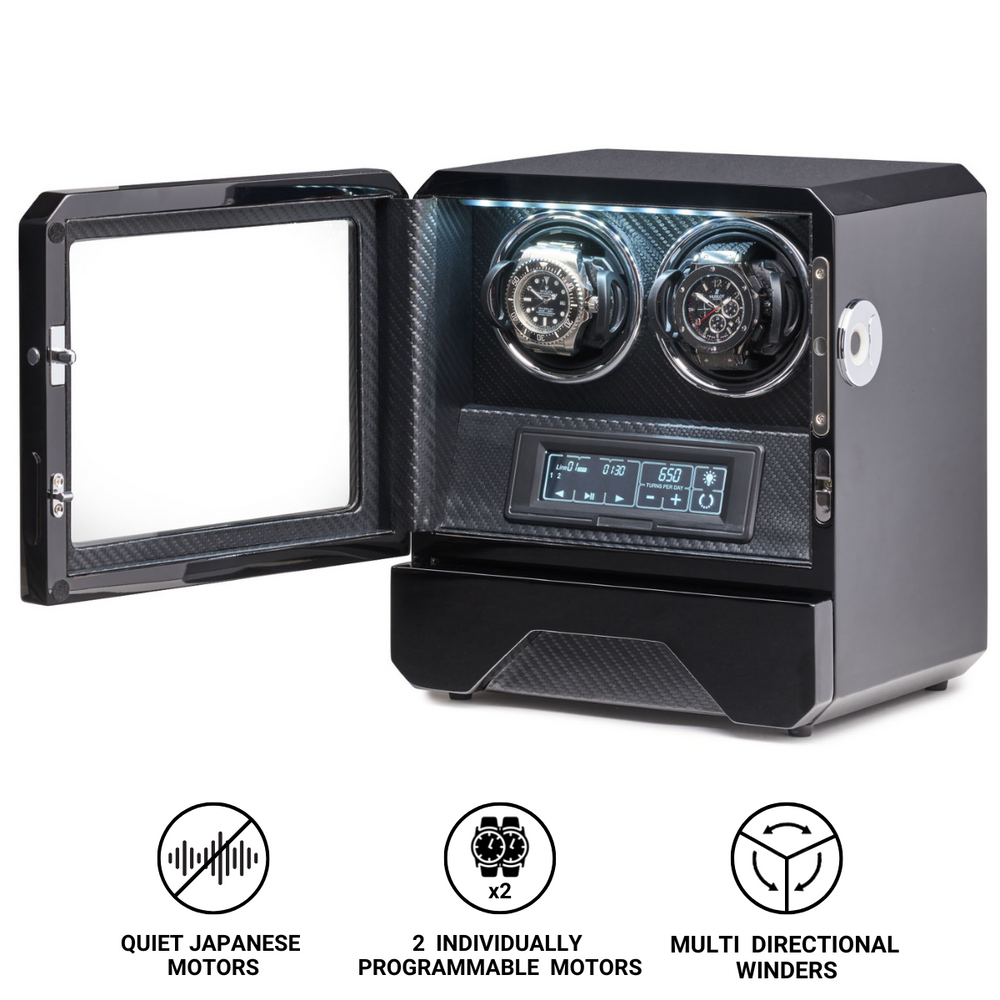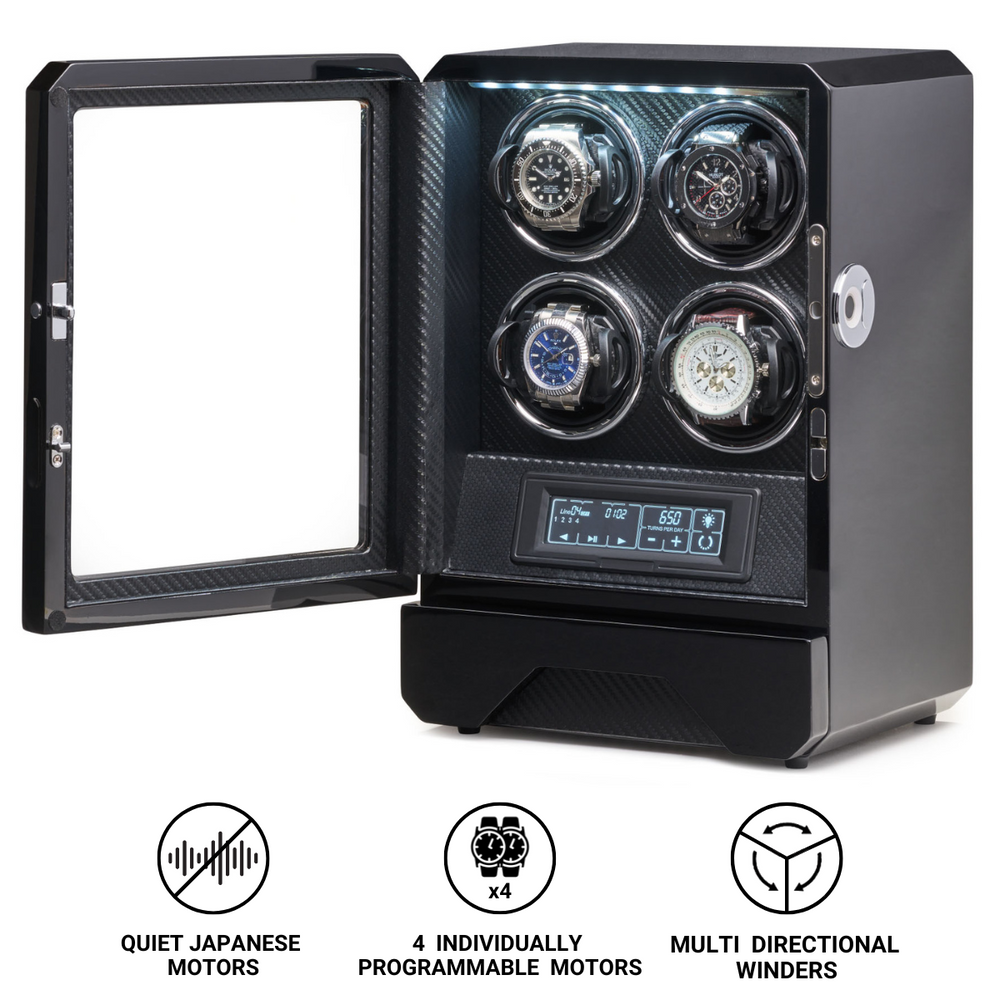FHH Launches Public Online Courses as Watch Industry Faces Market Adjustment
The Fondation de la Haute Horlogerie (FHH) has announced a new phase in its educational strategy with the launch of publicly available online training and certification courses through its platform, FHH Boutique. This initiative, aimed at broadening access to horological education, arrives at a time when the global watch industry is contending with multiple structural challenges, including softer demand in key markets, shifting consumer priorities, and questions surrounding the relevance of traditional timekeeping in the digital age.
Founded in 2004 by Audemars Piguet, Girard-Perregaux and Richemont, the FHH has served as an industry-neutral foundation with a mandate to preserve, promote and transmit the values of haute horlogerie. Until recently, most of its educational initiatives were directed at professionals and retailers. The opening of these resources to the general public represents a significant strategic evolution, aiming to increase awareness and appreciation of Swiss watchmaking globally.
FHH Boutique: A Digital Hub for Horological Learning
The new platform offers structured training in video format, supported by self-assessment tools and official certification. Originally developed in French, the content has been dubbed in English and German, with subtitled versions available in Italian, Spanish, Arabic, Mandarin, Cantonese, Japanese and Korean. The courses cover topics ranging from mechanical movement components to decoration techniques, complications, and brand histories.
The certifications offered are recognised within the luxury watch retail sector and may support career development for boutique staff, independent specialists, or horology-focused journalists. In addition to foundational modules, the FHH plans to release advanced courses, potentially covering topics such as chronometry, escapement innovation, and restoration principles.
This expansion mirrors a broader trend within the industry, where digital platforms are being used to enhance transparency and customer engagement. As new collectors emerge from younger, more globalised demographics, initiatives such as FHH Boutique may play an essential role in bridging the knowledge gap between brand storytelling and independent education.
Strategic Relevance in a Changing Market
The launch of public-facing educational content coincides with a challenging period for Swiss watch exports. According to data from the Federation of the Swiss Watch Industry (FH), export values in 2024 experienced a notable slowdown, particularly in Asia. China, once a pillar of industry growth, has seen contractions due to macroeconomic pressures including the real estate sector crisis and shifting discretionary spending.
The United States, now the largest market for Swiss watches by value, has shown signs of saturation, with consumer confidence affected by economic uncertainty and geopolitical trade concerns. Against this backdrop, industry voices have stressed the need to renew relevance among audiences who no longer rely on wristwatches for their primary timekeeping.
The FHH’s approach — focusing on culture, education, and shared values rather than brand marketing — allows it to engage with these broader questions in a neutral and inclusive way. By building an ecosystem that supports both connoisseurs and newcomers, it addresses the long-term sustainability of mechanical watchmaking as a cultural practice.
Beyond Education: Institutional Outreach and Global Expansion
The public debut of FHH Boutique was accompanied by the opening of the Foundation’s latest exhibition, “Watch Makers”, in Geneva. This exhibition, held at the Pont de la Machine, includes interactive displays on techniques such as perlage and gear train assembly, with admission offered free of charge. The exhibition forms part of the “Watches and Culture” arm of the Foundation, which also curates publications, films and social media content aimed at promoting horological craftsmanship.
Alongside these efforts, the FHH Academy continues to provide education for professionals, and has now issued over 15,000 certifications. Meanwhile, the annual FHH Forum — a high-level event designed to foster discussion on topics such as sustainability, digital distribution and heritage — will take place in New York for the first time this October, reflecting the Foundation’s intent to expand its international presence.
This expansion follows a trend among Swiss institutions to globalise their outreach. Notably, the FHH's model distinguishes itself from trade fairs or lobbying groups by its long-term cultural and educational remit. Its continued ability to attract institutional partners and maintain programme funding will determine the scope of its future activities.
Addressing Industry Criticism and Structural Tensions
The decision to commercialise online access has not been without criticism. Some industry commentators and watch enthusiasts have questioned the pricing structure, noting the availability of free horology content on platforms such as YouTube. Others have suggested that the Foundation’s traditional focus on high-end brands may limit its appeal to broader audiences.
Nonetheless, the FHH maintains that quality, structure, and neutrality distinguish its offering. Its programmes are designed to deliver coherent, curriculum-based education rather than entertainment or brand-specific promotion. Furthermore, the Foundation has gradually expanded its list of partner maisons to include not only heritage manufacturers such as Vacheron Constantin and A. Lange & Söhne, but also more accessible brands like Oris and TAG Heuer.
Recent remarks from Foundation representatives suggest a growing interest in younger independent makers who demonstrate technical ambition and long-term commitment to quality. Brands such as Furlan Marri, which have invested in mechanical development rather than styling alone, are frequently cited as potential future partners.
Conclusion: Cultural Resilience Through Shared Knowledge
The launch of FHH Boutique represents more than an online training programme. It is a reflection of the watch industry's need to adapt its methods of knowledge transmission, to engage audiences beyond traditional boundaries, and to preserve the cultural substance of watchmaking in an era increasingly driven by utility and speed.
As the mechanical watch becomes a symbol rather than a necessity, institutions like the FHH serve as custodians of the knowledge, craft and context that underpin its lasting appeal. By opening its doors to the public, the Foundation reinforces the idea that horology is not merely an industry, but a cultural heritage — one that deserves to be studied, understood and sustained.














